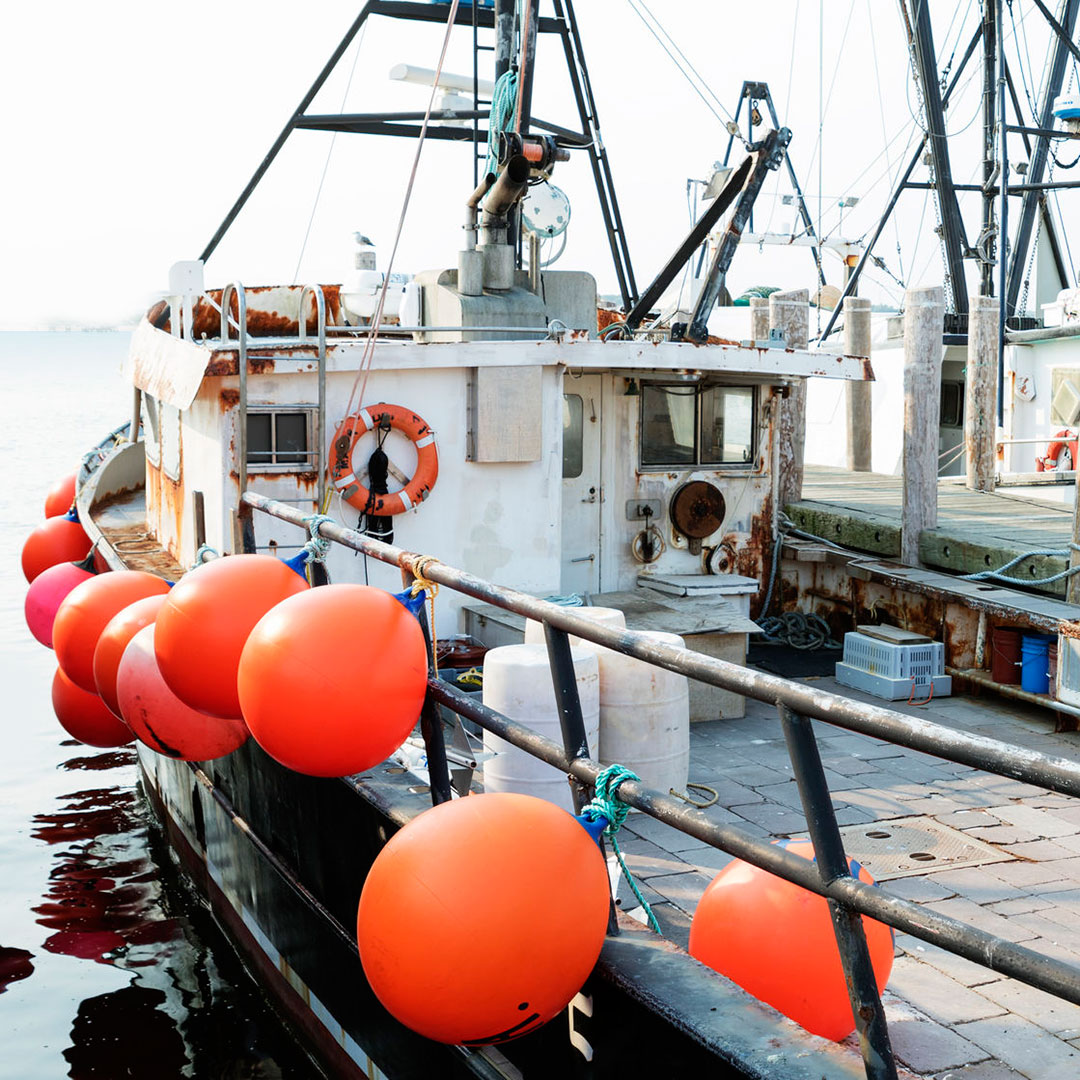Environmental Issues in Rhode Island
Environmental issues in Rhode Island center on wildlife, both on land and in the ocean. On land, a steady climb in the local population continues to threaten wildlife habitats. In the sea, the threat is much the same. Overfishing and misuse of resources have damaged food stocks possibly beyond recovery.
As nice as it is for wildlife watchers to be in such close proximity to wildlife, it’s also unfortunate; wild animals have become increasingly dependent on people, dangerously abundant in areas with heavy traffic and an environment that barely supports them. Where there is overpopulation, animals are a nuisance in the eyes of many people—blamed for spreading Lyme disease, ravaging gardens and yards, and causing traffic accidents. Rhode Island does have some areas that are sparsely populated by people, especially the western and northwestern sections of the state—you’ll even find a few designated hunting grounds. But anybody who drives on a daily basis in Rhode Island is sure to see deer leaping across the road, usually at night—sadly, many have been struck.
With all the talk these days of encroaching suburban sprawl—and it’s true that this trend is one of the greatest threats facing the state in the 21st century—it’s easy to forget that most of Rhode Island was already deforested by the early 1800s, when the state’s economy was almost entirely agrarian.

Ironically, the region’s woodlands were saved not so much by conservation efforts, which didn’t develop in earnest until the 20th century, but by the Industrial Revolution. In places where the hilly, rocky terrain made fast and simple transportation routes difficult, or where a lack of rivers made hydropower impractical, the land was left largely to revert to woodland, and some areas were even reforested to increase the supply of lumber.
Despite this, the amount of undeveloped land has consistently diminished at a rapid rate since the late 19th century. In Rhode Island’s countless river valleys, fields of crops gave way to mills and factories. Farms still thrive in a few parts of the state, but their number has decreased dramatically.
Rhode Island’s regulatory economy has ensured that much of the area enjoys clean air and water, as efforts have been made to clean up the pollution of the mills and factories that boosted the economy in the 20th century. Isolated chemical factories and power plants continue to cause problems in some areas.

One of the most contentious ongoing issues in the region is the controversy over how to manage coastal fish and shellfish effectively. Rampant overfishing decimated cod, flounder, and other groundfish species by the mid-1980s. At that point, the federal government seized fisheries all over New England in a bid to restore populations using quotas and periodic bans. While the effort has been successful at restoring some species, such as haddock, bluefish, and many species of shellfish, others still languish at severely reduced levels, with cod even less plentiful than in the 1980s.
Along with the fish stocks, many people employed in the fishing industry have languished as well. Tensions between them and regulators have led to angry protests and outright flouting of quotas, as well as disputes over the numbers used by scientists and environmentalists to justify them. Currently the two sides are cooperating. While some areas of coastal Rhode Island—most notably, the port of Galilee in Narragansett—continue to thrive as fishing ports, they are nowhere near as vibrant as they once were.
